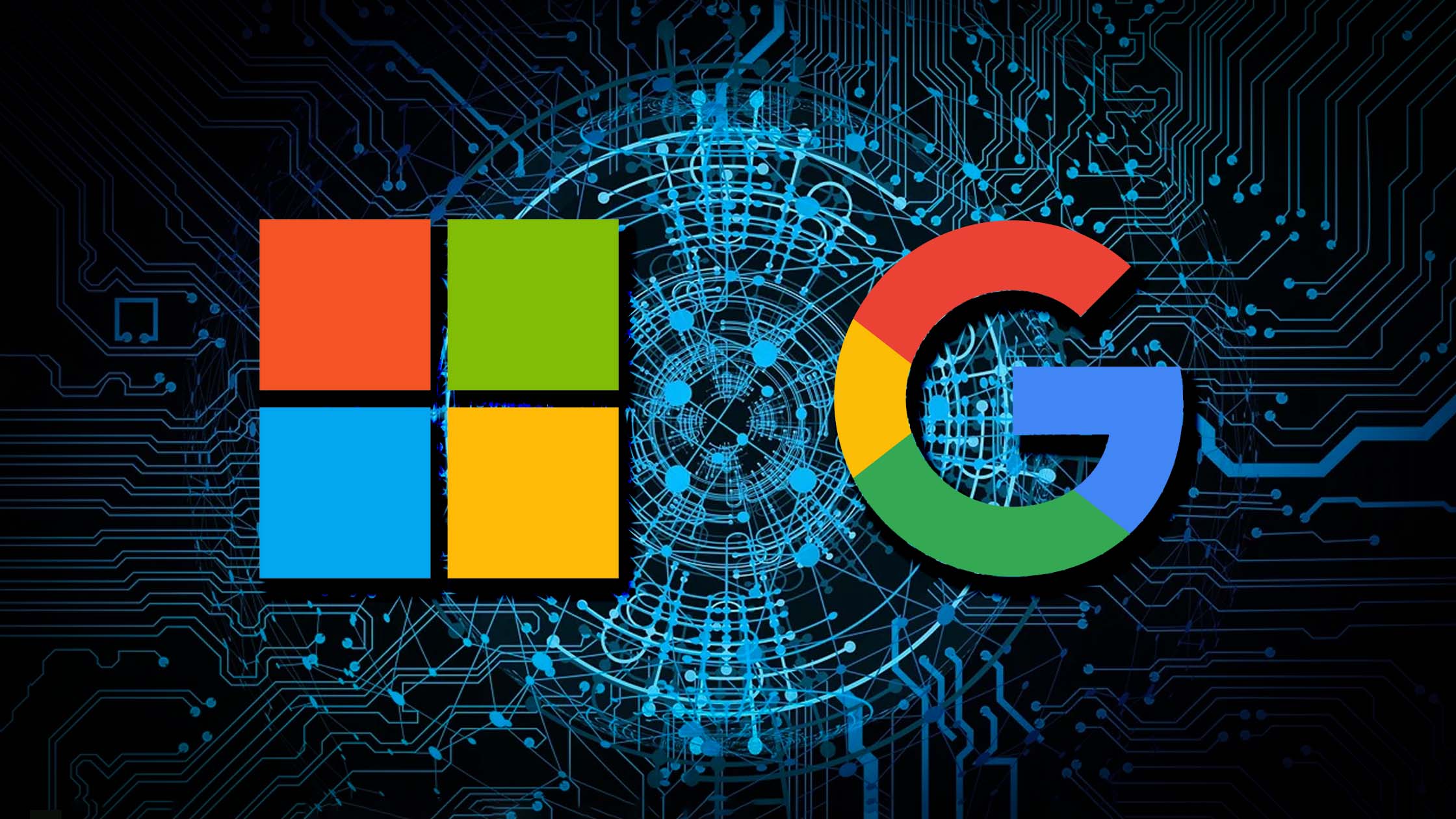U.S. judge rules Google must share search data with rivals, boosting Microsoft’s Bing
A U.S. judge has ruled that Google will not have to sell Chrome or Android, but it will need to start sharing search data to help rival search engines and allow Android phone makers to preload non-Google browsers and assistants.

All the latest news, reviews, and guides for Windows and Xbox diehards.
You are now subscribed
Your newsletter sign-up was successful
A U.S. judge has ruled that Google will not have to sell its Chrome web browser or Android operating system, but that it will need to begin sharing search data with potential rivals such as Microsoft and Yahoo to help them compete in the online search market. Additionally, the DoJ has ruled that Android phone manufacturers should be free to make deals with rivals when it comes to the preloading of non-Google browsers and AI assistants.
This is a huge win for Microsoft, which is often building products that are in use by a fraction of the market when it comes to search and browser usage, especially on mobile. Should the ruling take effect, Microsoft will benefit from Google's search data, potentially allowing the company to improve Bing's search results, which is one area that is often cited by users as a weak point for Bing.
Additionally, with Google no longer allowed to make exclusive preload deals with phone makers, companies like Microsoft can step in and make deals with the likes of Samsung or Oppo to include its web browser and AI assistant alongside Google's. Of course, this will be up to the smartphone makers if they want to make any deals with third-party app makers.
Google has issued a statement on the ruling:
"The Court has imposed limits on how we distribute Google services, and will require us to share Search data with rivals. We have concerns about how these requirements will impact our users and their privacy, and we’re reviewing the decision closely."
Ultimately, this ruling should give Microsoft and other browser and AI assistant makers a fighting chance when it comes to competing on Android and in the search engine space. A phone maker could now make a deal with OpenAI to have its phones ship with that app preloaded, whereas before Google often prohibited such deals from being made as part of its Play Services conditions.
Interestingly, the DoJ says that Google will be free to continue making search deals with its own partners. The company famously pays Apple billions of dollars a year to keep Google as the default search engine on iPhone. This practice will continue to be allowed, the judge ruled.
All the latest news, reviews, and guides for Windows and Xbox diehards.
Google gets to keep Android and Chrome
Originally, it was possible that the DoJ would rule that Google would have to break up Chrome and Android, selling them to a third-party buyer. AI company Perplexity put in a $34.5 billion bid to acquire Chrome should that ruling have taken place. Luckily for Google, a U.S. judge has now ruled that Google will not have to sell these vital parts of the company.
In August 2024, the U.S. ruled that Google's monopoly on search and advertising was illegal, and today's news is the result of that ruling and is designed to allow competitors to more easily compete. Ultimately, Google got off pretty lightly considering there was the potential for the company to outright lose Chrome and Android.
Here is a basic rundown of the ruling and how it applies to Google:
- Google cannot make exclusive deals with Android makers to set Google's products such as Gemini and Chrome as the default.
- It cannot use the Play Store or Chrome browser as leverage to force Android phone makers to include other Google apps on devices.
- It is not allowed to prevent Android phone makers and app developers from offering competing services on devices.
- It will have to share search index and user interaction data with competitors.
- Google can still make deals to preload its own apps on devices, it just cannot prohibit non-Google apps from also being preloaded.
Of course, it will remain to be seen if these changes will actually impact the overall search and browser market. With Android phone makers now free to include apps that compete with Google, it's possible that this could sway the market into a new direction.
It's not just Microsoft that could potentially benefit from this ruling. Other search engines such as Yahoo and DuckDuckGo will also benefit. It's the same story for app makers on Android that build apps which compete with Google, such as web browsers and AI assistants.
What are your thoughts on this ruling? Let us know in the comments.

You must confirm your public display name before commenting
Please logout and then login again, you will then be prompted to enter your display name.
